
Digital transformation for breakthrough
Continuing to promote digital transformation to bring more convenience to people, contributing to the strong development of the modern retail market and promoting domestic consumption, Central Retail Vietnam Group (CRV) and National Payment Joint Stock Company of Vietnam (Napas) have just signed a cooperation agreement to deploy cashless payment solutions (QR Pay) in the modern retail system. This is to develop brands for Vietnamese products and promote domestic consumption.
Olivier Langlet, CEO of Central Retail Vietnam, affirmed that Central Retail not only develops its business but also contributes to modernizing the Vietnamese retail industry, bringing consumers closer to modern shopping standards. Through the implementation of VietQR Pay in the retail system, Central Retail not only brings a more convenient payment experience, but also contributes to the Government to promote the trend of cashless payments, thereby stimulating domestic consumption.
Similarly, in response to new consumer trends, AEON Vietnam has been promoting digital transformation in operations and implementing many attractive incentives for customers. Accordingly, customers can choose multi-channel shopping through many forms such as: Purchasing via AEON's mobile application and technology partners, AEON E-Shop e-commerce channel, purchasing via phone and using a variety of payment methods from cash, bank cards, e-wallets...
According to the President of the Vietnam Retailers Association, Tran Thi Phuong Lan, digital transformation in retail is not just about shifting from the traditional sales model to online sales. This is a comprehensive change in the way businesses operate, from using advanced technologies such as artificial intelligence (AI), big data analysis, to optimizing payment and shipping processes. Technology not only helps improve the customer experience but also increases the ability to manage, analyze and predict consumer trends, helping businesses make accurate and timely decisions.
“In particular, during the pandemic, digital transformation has created a strong change in consumer shopping behavior. The shift to a multi-channel shopping model, combining online and physical stores, has opened up new opportunities for businesses. They can reach and serve customers anytime, anywhere, through online platforms such as websites, mobile applications or e-commerce platforms…”, Ms. Tran Thi Phuong Lan commented.

Responding to market demands
Currently, the country has about 1,270 supermarkets, 270 shopping malls, nearly 250,000 convenience stores and more than 7,500 stores of FDI enterprises such as MM Mega Market, AEON, Lotte Mart, Go! Market, Tops Market... Besides, there are a series of e-commerce platforms and multi-channel sales chains. The proportion of retail through modern channels has accounted for more than 40% and is increasing rapidly every year, affirming the inevitable trend of developing civilized and modern commercial infrastructure.
Economic experts predict that in the 2025-2030 period, Vietnam will maintain a GDP growth rate of about 8% per year, total retail sales of goods and service revenue may increase by over 12% - an increase considered impressive in the region.
At the same time, consumer trends have also changed dramatically as Vietnamese people are willing to pay more for high-quality, environmentally friendly products with reputable brands and guaranteed origins...
Ms. Tran Thi Phuong Lan believes that the Vietnamese retail market is at a major transition point, from traditional to modern models, from mass consumption to smart and sustainable consumption. However, along with opportunities are countless challenges: fierce competition between domestic and foreign brands, inflation, rising input costs, incomplete logistics chains, lack of professional management personnel and rapidly changing consumer behavior.
To adapt, retail businesses need to simultaneously implement many strategic solutions, focusing on digital transformation, developing commercial infrastructure, and improving consumer experience. Optimizing space, personalizing services, and increasing interactions will be the key to retaining customers in the post-pandemic era...
Businesses also cannot ignore the trend of green retail and circular economy, in which reducing single-use plastics, optimizing packaging, collecting old products and prioritizing environmentally friendly suppliers is not only an action for the community, but also enhances brand value.
In addition, Ms. Tran Thi Phuong Lan also emphasized the importance of developing high-quality human resources: “Technology can change rapidly, but the human factor is still the foundation. Retail staff need to be continuously retrained in digital skills, data analysis and smart customer care to adapt to the new era.”
Besides, for the market to develop sustainably, the State needs to continue to improve the legal framework, reform administrative procedures and create an open and transparent investment environment.
“There should be policies to encourage businesses to develop commercial infrastructure in remote areas and islands; attract foreign direct investment in the fields of logistics, information technology and e-commerce; and at the same time issue mechanisms to support finance, train human resources and improve the competitiveness of domestic enterprises,” Ms. Tran Thi Phuong Lan suggested.
Source: https://hanoimoi.vn/doanh-nghiep-hien-dai-hoa-nganh-ban-le-viet-nam-721917.html


![[Photo] General Secretary To Lam receives Singaporean Ambassador Jaya Ratnam](https://vphoto.vietnam.vn/thumb/1200x675/vietnam/resource/IMAGE/2025/11/03/1762171461424_a1-bnd-5309-9100-jpg.webp)
![[Photo] Prime Minister Pham Minh Chinh receives the Chairman of the Japan-Vietnam Friendship Association in the Kansai region](https://vphoto.vietnam.vn/thumb/1200x675/vietnam/resource/IMAGE/2025/11/03/1762176259003_ndo_br_dsc-9224-jpg.webp)
![[Photo] Lam Dong: Close-up of illegal lake with broken wall](https://vphoto.vietnam.vn/thumb/1200x675/vietnam/resource/IMAGE/2025/11/03/1762166057849_a5018a8dcbd5478b1ec4-jpg.webp)


![[Photo] Fall Fair 2025 and impressive records](https://vphoto.vietnam.vn/thumb/1200x675/vietnam/resource/IMAGE/2025/11/03/1762180761230_ndo_br_tk-hcmt-15-jpg.webp)

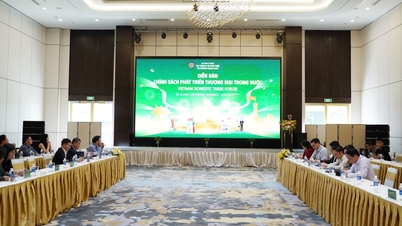

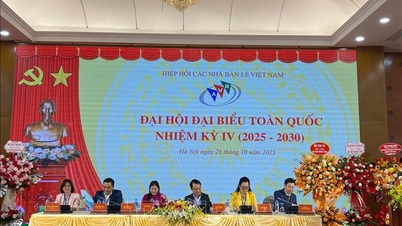
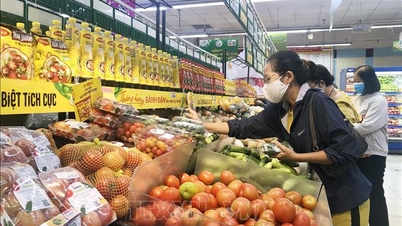


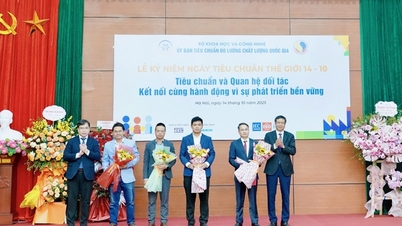






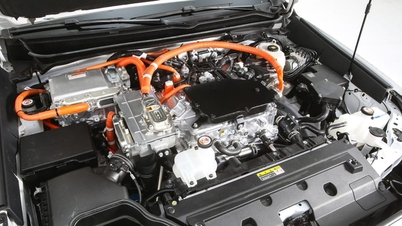

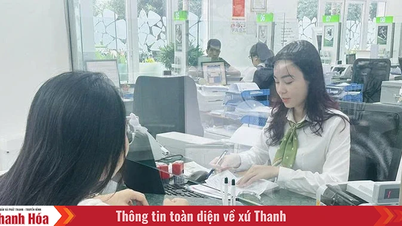

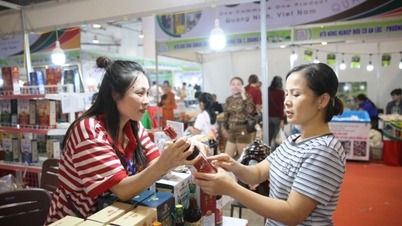





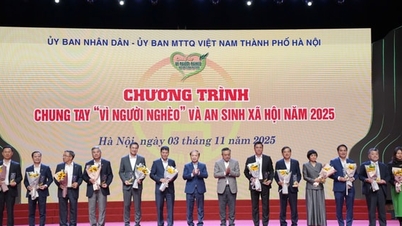
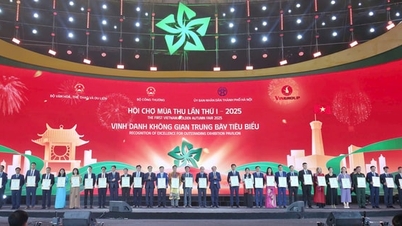

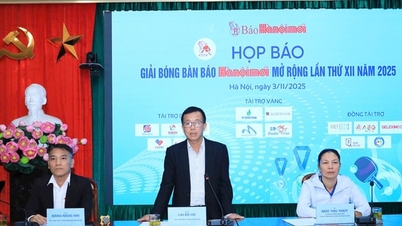
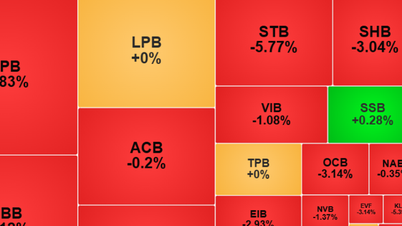






























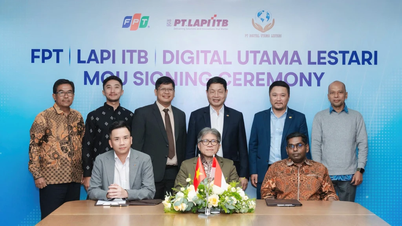







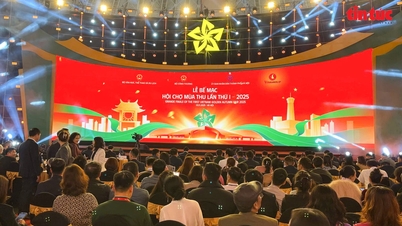



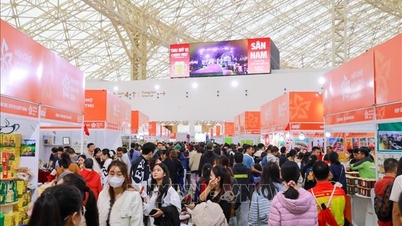
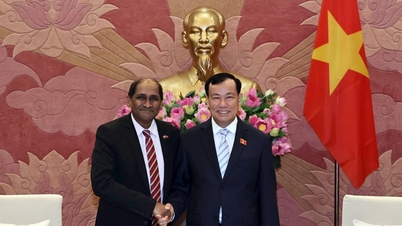

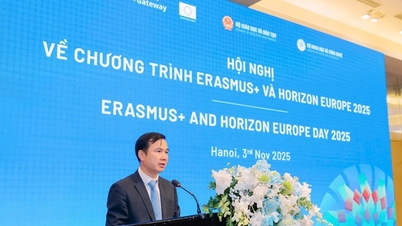
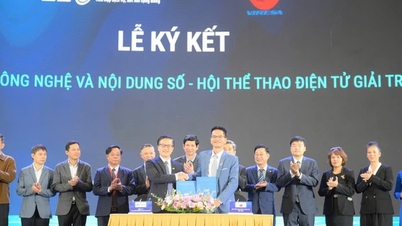

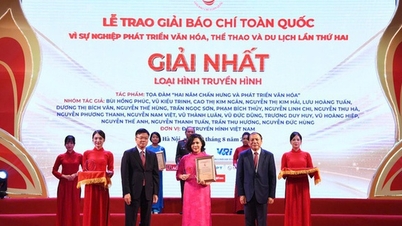


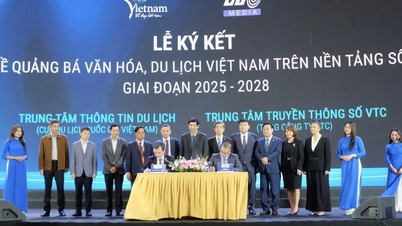




















Comment (0)